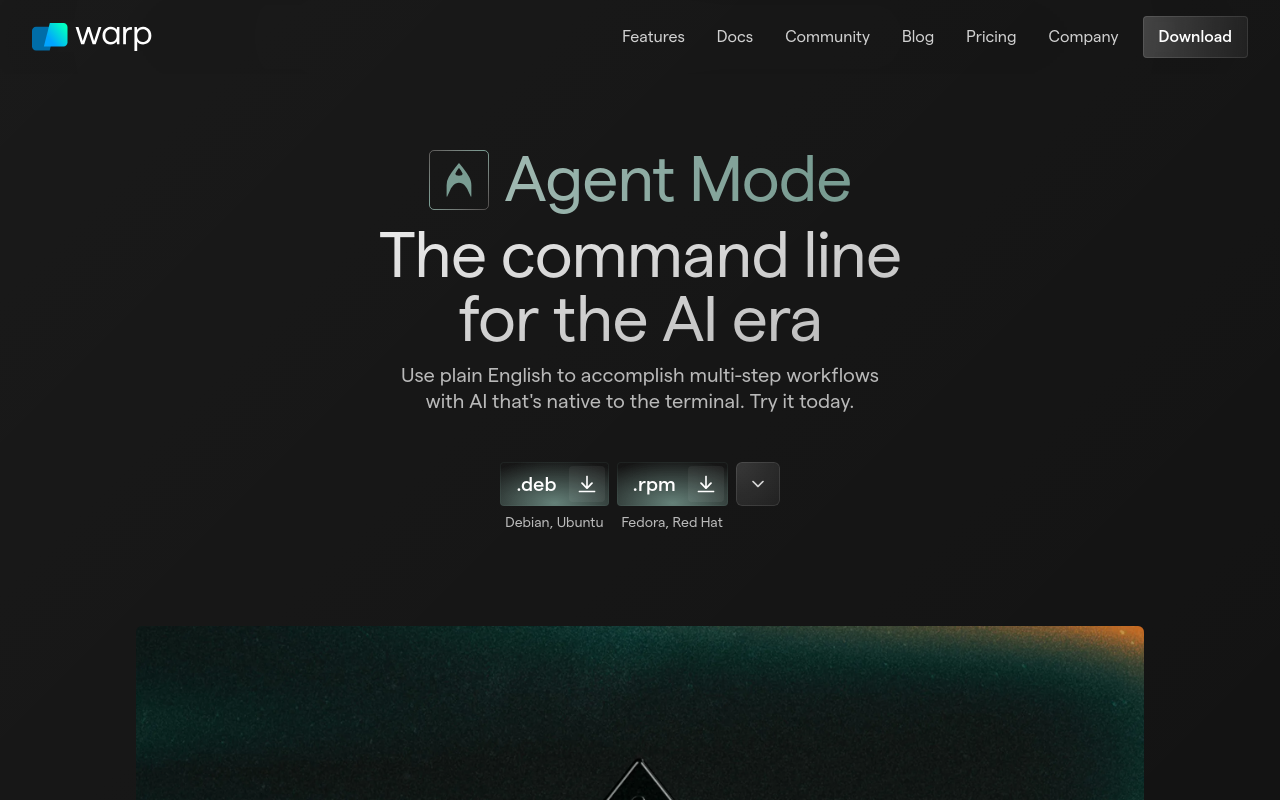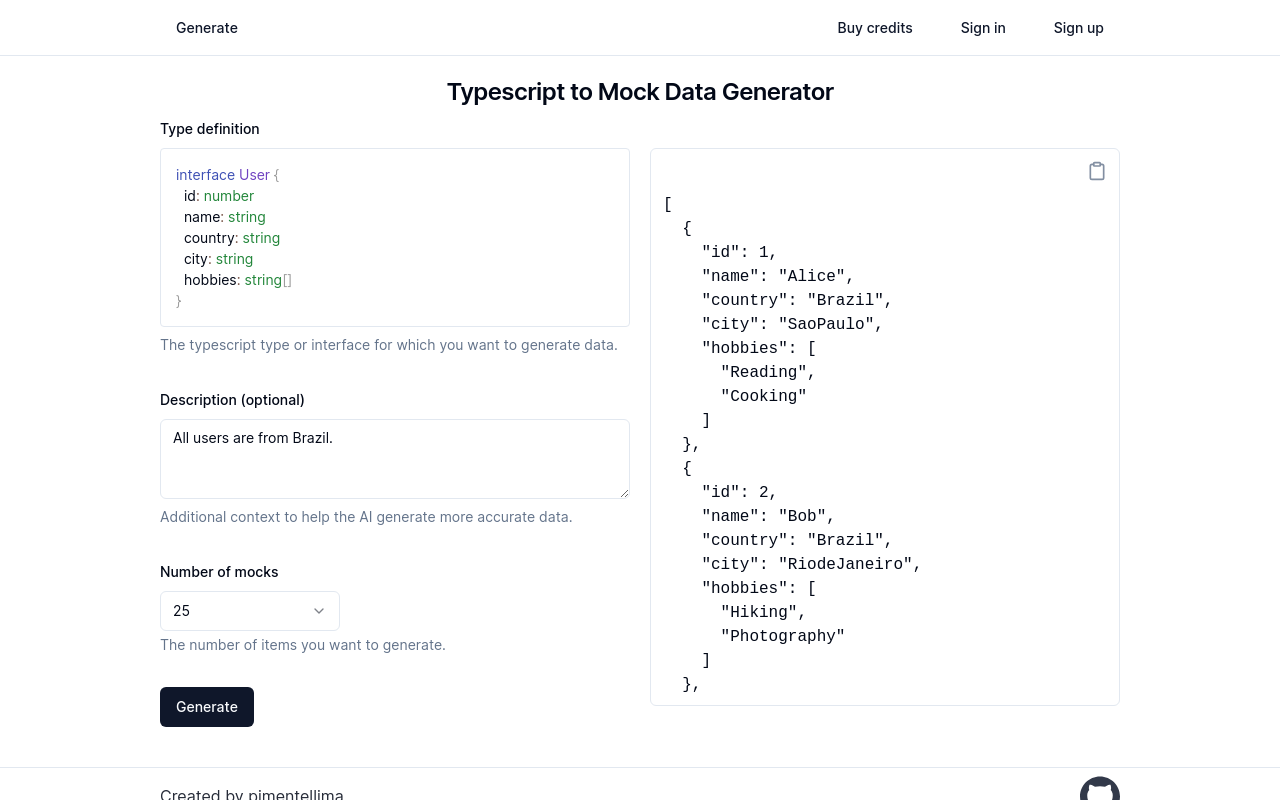Heroku
Heroku – A Cloud Platform for Deploying, Managing, and Scaling Apps
Best for:
- Web Developers
- Startups
- SMEs
Use cases:
- App Deployment
- App Scaling
- CI/CD Pipelines
Users like:
- IT Department
- Development Teams
- Startups
What is Heroku?
Quick Introduction
Heroku is a cloud platform that allows developers to deploy, manage, and scale applications without dealing with the infrastructure. Intended primarily for web developers and startups, it offers a streamlined way to push apps to the cloud using a simple command-line interface, making the deployment process less cumbersome. By focusing on the productivity of the developer, Heroku provides a host of tools and services that ensure applications run smoothly and efficiently on cloud infrastructure. This platform is particularly helpful for those looking to avoid the complexities of infrastructure management while ensuring scalability and quick deployments.
Pros and Cons
Pros
- Ease of Use: Deploying applications with Heroku is remarkably straightforward, requiring minimal setup.
- Scalability: The platform makes it simple to scale applications up or down based on demand.
- Add-ons: Heroku offers a comprehensive marketplace filled with add-ons to extend the functionality of your apps.
Cons
- Cost: As your application scales, costs can mount quickly.
- Limited Server Control: Due to its managed nature, users don’t have fine-grained control over server settings.
- Occasional Downtime: Some users have reported sporadic downtime and performance issues.
TL:DR
- Effortless app deployment
- Highly scalable infrastructure
- Fast, simple scaling options
Features and Functionality
- Git Integration: Direct integration with Git allows for rapid deployment and version control.
- Heroku Add-ons: A marketplace where you can find pre-built add-ons to extend the functionality of your apps.
- Automated Deployments: Enables automated continuous integration/continuous deployment (CI/CD) pipelines.
- Real-time Logging: Integrated log management for monitoring and diagnosing issues promptly.
- Horizontal and Vertical Scaling: Easily scale your applications horizontally and vertically with minimal configuration.
Integration and Compatibility
Heroku integrates seamlessly with various programming languages such as Node.js, Ruby, Python, Java, and PHP. It also has compatibility with numerous CI/CD tools like Jenkins, CircleCI, and Travis CI, offering endless possibilities for seamless application deployment and management workflows. If you’re a GitHub or Bitbucket user, you can easily link your repositories to deploy code directly from these platforms.
Benefits and Advantages
- Improved Developer Productivity: One-command deploys drastically improving development cycles.
- Scalability: Easy scalability options mean your app grows with your business.
- Comprehensive Add-ons: A plethora of add-ons boosts your application’s capabilities without additional development.
- Integration Ease: Simple to integrate with existing tools and workflows without disrupting ongoing projects.
- Cost-Effective: Pay-as-you-go pricing ensures you only pay for what you use.
Pricing and Licensing
Heroku offers a range of pricing plans, starting with a free tier suitable for small projects and hobbyists. The standard plan begins at $7 per dyno/month, providing more extensive capabilities and better performance. Higher tiers, including performance dynos, cater to high-traffic applications and mission-critical projects, offering enhanced support and low-latency performance.
Do you use Heroku?
Additionally, enterprises can opt for a custom plan tailored to their specific needs.
Support and Resources
Heroku offers comprehensive support options, including detailed documentation, a community forum, and professional support depending on your subscription level. Developers find ample resources in the form of guides and documentation to solve most issues. Premium support is available for enterprise-level customers, providing prioritized assistance.
Heroku as an alternative to
Heroku is often compared to Google App Engine in terms of ease of deployment and scalability. While Google App Engine also provides a robust platform for deploying applications, Heroku shines with its extensive add-on marketplace and simpler developer onboarding process. Users will find deploying apps faster and easier on Heroku, especially for rapid iterations and scaling without deep technical know-how.
Alternatives to Heroku
- AWS Elastic Beanstalk: A robust choice for developers who seek deeper infrastructure control alongside easy deployment options.
- Google App Engine: An excellent choice for those locked into Google’s ecosystem, offering powerful tools and integrations.
- DigitalOcean App Platform: Suitable for developers looking for a cost-effective solution with good performance.
Conclusion
Heroku is a powerful and user-friendly platform for deploying, managing, and scaling web applications. Its extensive features, coupled with an intuitive interface and a robust marketplace of add-ons, make it a preferred choice for startups and fast-growing enterprises. With efficient scaling options and excellent support resources, Heroku stands as a competitive option in the cloud application deployment market, particularly for those who want to streamline their development workflow.



